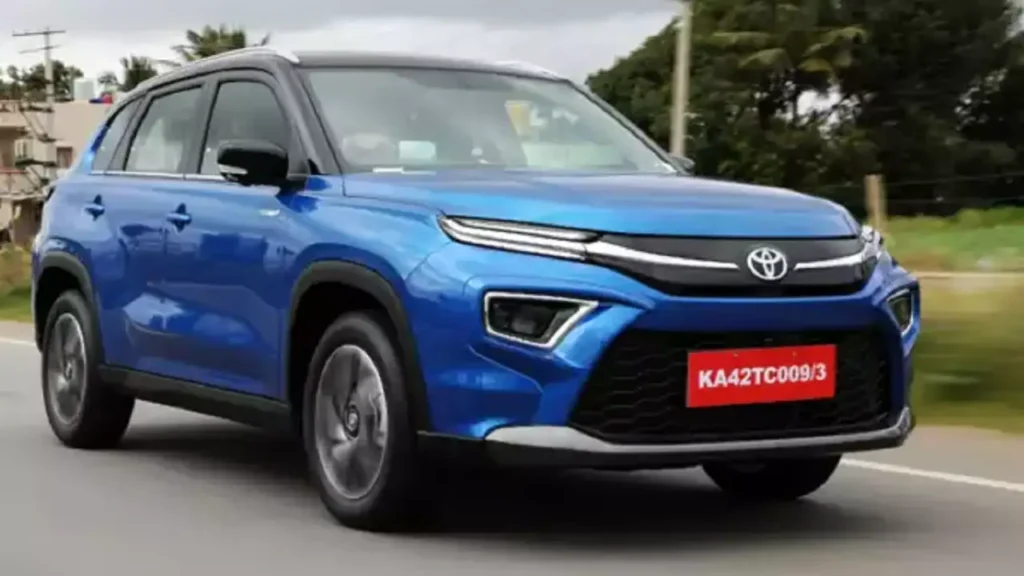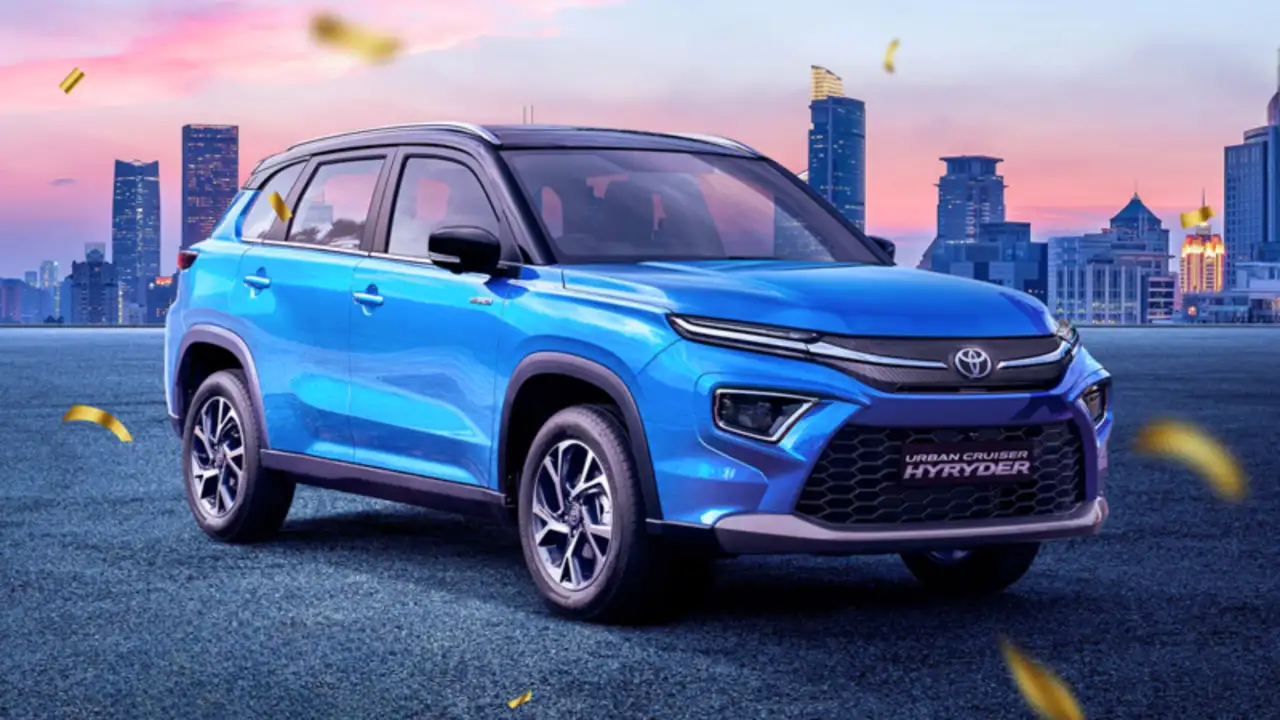As the demand for environmentally friendly and fuel-efficient vehicles rises in India, hybrid vehicles are gaining significant traction among consumers. These vehicles, which combine an internal combustion engine with an electric motor, offer reduced fuel consumption and lower emissions compared to traditional vehicles. However, one of the challenges facing potential hybrid vehicle buyers is the rising cost of these advanced automobiles. According to industry experts, hybrid vehicle prices in India are expected to see an upward trend in the coming years. This article delves into the factors behind this price hike and how it could impact both buyers and the overall automotive market in India.
Factors Driving Up Hybrid Vehicle Prices in India
- Increased Demand for Green Technology
India’s automotive sector is undergoing a significant shift toward sustainable mobility solutions. With stricter emission norms and rising environmental consciousness, more consumers are turning to hybrid vehicles as an eco-friendly alternative to conventional petrol or diesel cars. This growing demand for hybrid technology has spurred automakers to invest in research and development, contributing to higher manufacturing costs, which are ultimately passed on to consumers. - Rising Production Costs
Hybrid vehicles require complex technology, including battery packs, electric motors, and sophisticated energy management systems. The production of these components involves high research, development, and raw material costs. For instance, the batteries used in hybrid vehicles are a significant cost driver, as they rely on expensive raw materials like lithium and cobalt. With global supply chain disruptions and rising raw material prices, these costs are expected to continue climbing, pushing up the overall price of hybrid vehicles. - Government Policies and Incentives
While the Indian government has made efforts to promote electric and hybrid vehicles through subsidies and incentives, these financial benefits are often not enough to fully offset the high production costs. Additionally, government policies may evolve, which could influence the cost structure of hybrid vehicles. In the long term, if the government reduces subsidies or introduces new taxes on hybrid vehicles, it will likely cause prices to rise further. - Currency Fluctuations and Import Duties
A considerable portion of the hybrid vehicle components, especially batteries and electric motor systems, are imported into India. Fluctuating exchange rates can directly impact the cost of importing these components, thus raising the price of hybrid vehicles. Import duties on certain components and vehicles further exacerbate the issue, as automakers are forced to adjust prices to maintain profitability. - Advanced Features and Safety Technology
Hybrid vehicles are not just about eco-friendly driving; they also come equipped with the latest safety features, infotainment systems, and advanced driver assistance technologies. These added features increase the overall cost of the vehicle. As automakers compete to provide high-end features, the price of hybrid cars continues to escalate, making them more expensive for the average consumer.

Impact of Rising Hybrid Vehicle Prices
While the upward trend in hybrid vehicle prices poses a challenge, it is essential to consider the long-term benefits these vehicles offer. For consumers, the initial higher purchase price is balanced by reduced fuel costs and lower maintenance expenses. Hybrid vehicles generally provide better fuel efficiency, which translates into savings on fuel, a crucial factor given the rising petrol and diesel prices in India.
Moreover, hybrid vehicles are more eco-friendly, reducing carbon emissions, which is crucial for addressing air quality issues in urban areas. As India pushes toward its goal of reducing carbon emissions, hybrid vehicles will play a critical role in achieving this objective. Therefore, despite the higher upfront costs, consumers can view hybrid vehicles as an investment in a cleaner and more sustainable future.
The Road Ahead for Hybrid Vehicles in India
Looking ahead, the hybrid vehicle market in India is expected to evolve as technology advances. Automakers are already working on improving battery efficiency and reducing production costs, which may help keep prices in check. The potential for a more widespread adoption of hybrid technology depends on how well manufacturers can strike a balance between offering affordable options and integrating advanced, green technologies into their vehicles.
Additionally, the Indian government’s ongoing support for the electric vehicle sector through initiatives like tax exemptions, subsidies, and infrastructure development could create an environment conducive to hybrid vehicle growth. As more consumers consider the long-term benefits of hybrid vehicles, the upward trend in prices may eventually plateau, offering consumers more affordable options without compromising on environmental and performance standards.
Conclusion
The upward trend in hybrid vehicle prices in India is an inevitable result of increased demand, higher production costs, and advances in vehicle technology. While these vehicles come with a higher price tag, they offer significant benefits in terms of fuel efficiency, reduced emissions, and long-term savings. With the government’s continued support for green technologies and future advancements in hybrid vehicle development, it is likely that hybrid vehicles will become a more attractive and viable option for the Indian consumer.







